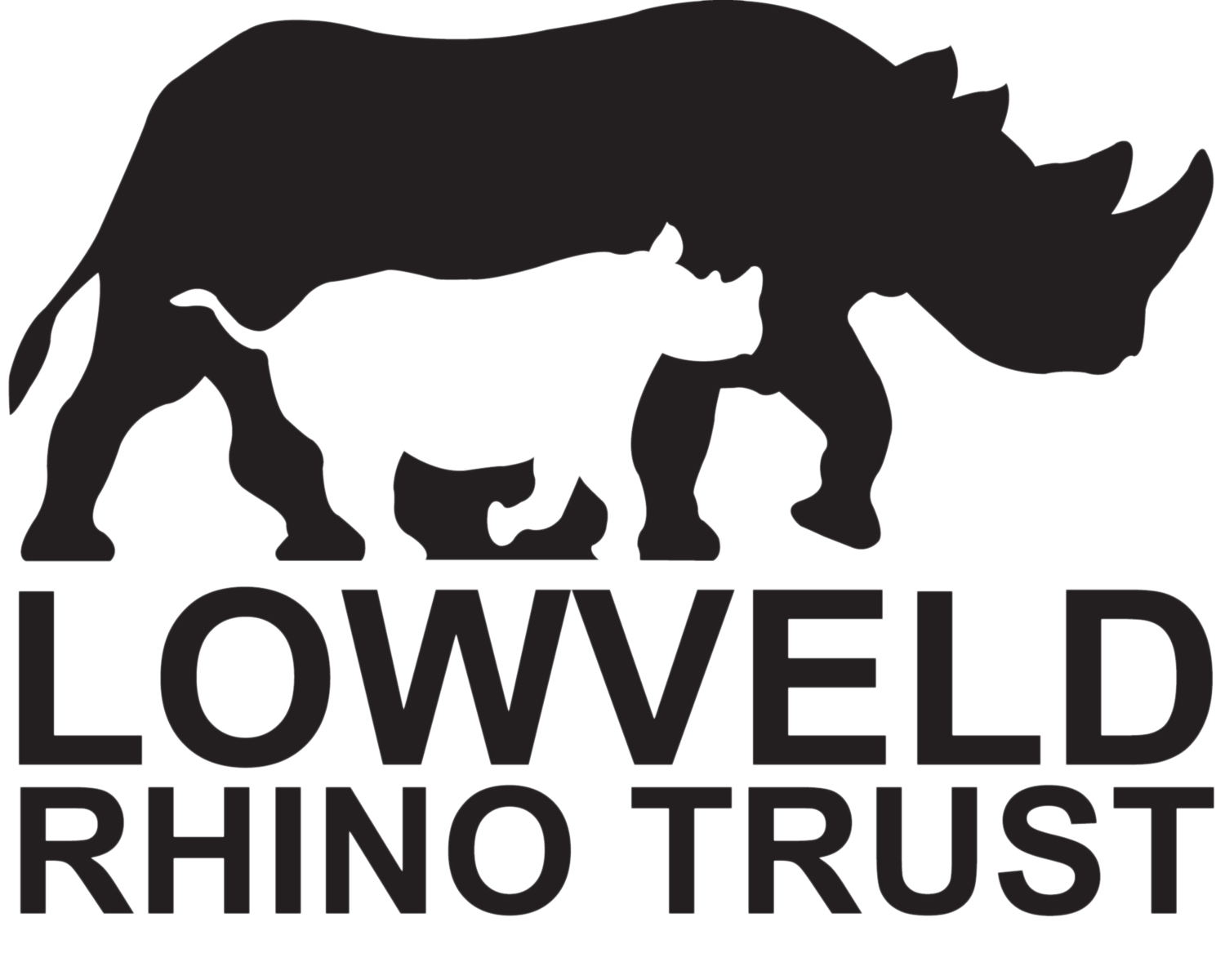Conservation Funding Partners
International Rhino Foundation
The International Rhino Foundation (IRF) is dedicated to the survival of the world’s rhino species through conservation and research. The IRF: provides the technical and financial resources necessary to facilitate the conservation of rhinos; coordinates the resources and communications of a diverse array of rhino conservation partners, to maximize effect, while minimizing duplication; provides technical and administrative services for captive programs; provides the linkage between captive programs, and wild populations; supports applied research that targets the problems affecting the survivability of rhinos; promotes the involvement of local communities in the conservation of rhinos; advances the expertise of range-state professionals through training; creates enduring rhino conservation programs through “facilitative” and “catalytic” approaches; gives priority for its resources application of resources to issues related to species-level conservation; and is recognized as a trusted resource for relevant rhino information.
The World Wide Fund for Nature (WWF) is an international non-governmental organization working on issues regarding the conservation, research and restoration of the environment, formerly named the World Wildlife Fund, which remains its official name in Canada and the United States. It is the world's largest independent conservation organization with over 5 million supporters worldwide, working in more than 90 countries, supporting around 1300[4] conservation and environmental projects around the world.
In 1994, the U.S. Congress established the Rhinoceros and Tiger Conservation Fund. The funding from this project is allocated between the different species of rhino and tiger, thereby allowing the highly imperiled two African and three Asian rhinoceros
The Trust was initially set up in 1906 by the will of Alfred Beit, for the benefit of the people of Zambia and Zimbabwe. In 1954 the Trust was reconstituted by an Act of Parliament in the United Kingdom as an incorporated charity and, with the advent of Federation, the country of Malawi was included in the "Specified Area" as a beneficiary. Under Section 3 of The Act, The Beit Trust is an incorporated body. The Trust does not fundraise and seeks to continue the philanthropic work desired by the donor through the careful stewardship and maintenance in perpetuity of its existing resources.
Oak Foundation’s Environment Programme is committed to protect rhinoceros and elephant populations from illegal wildlife trade by making sure conditions exist for these species’ survival in the wild. Their strategy encourages dual approaches that address the root causes of the wildlife trade and recognise the complementary role of governments, non-governmental organisations and the private sector. Their conservation efforts are informed by our deep respect for the legitimate interests and human rights of communities and indigenous peoples who live in and around conservation areas as well as by concern for the protection of the natural environment.
Lowveld Rhino Trust is part of USAID's efforts to combat wildlife trafficking in Southern Africa. USAID provides support to LRT's security and monitoring work as well as its education programme.
Save the Rhino International (SRI) works to conserve viable populations of critically endangered rhinos in Africa and Asia. It recognizes that the future of wildlife is inextricably linked to the communities that share its habitat. By funding field projects and through education, its goal is to deliver material, long-lasting and widespread benefits to rhinos and other endangered species, ecosystems and to the people living in these areas. In the financial year 2009-10, SRI raised US $1.025 million.













